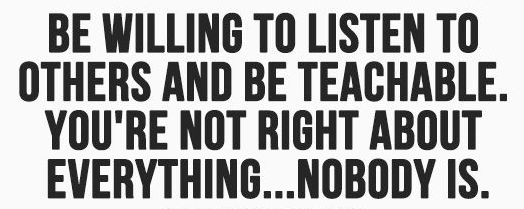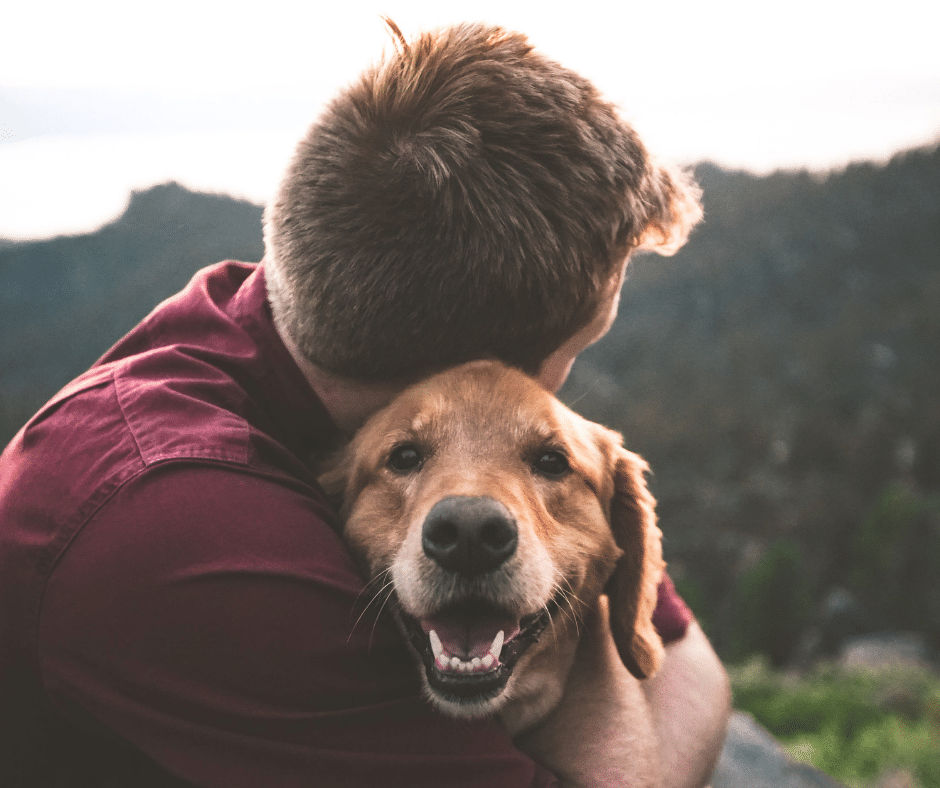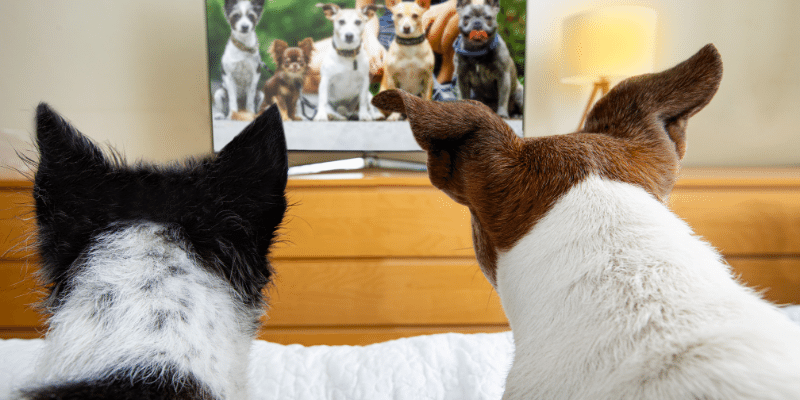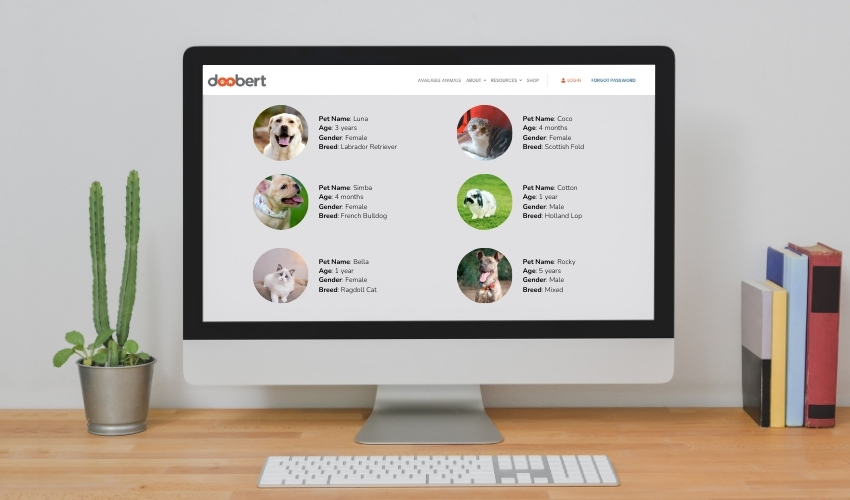“You are what you repeatedly do. Excellence, then, is not an act, but a habit.” –Aristotle
Are you passing judgment and quashing inspiration?
It seems to be human nature that we pass judgment on one another, even if it’s only within our minds and even when it’s not verbalized to the other person we are judging.
We live in a hierarchical society so we are constantly assessing our position with regards to others that we encounter so that we understand where we fit in. Whether it be socially, or organizationally, we react based upon where we perceive our role fits in with relation to others.
It might seem natural therefore, that we use these same assessment skills in our animal welfare roles to size up would be fosters, adopters, partners or volunteers. However, this approach can be problematic in the short-term and can cause serious perception problems in the long-term that go way beyond our simple interactions and get to the root of the some of our deep societal concerns around animal rescue.
Your presumptions can take people away. People that might be adopters or volunteers.
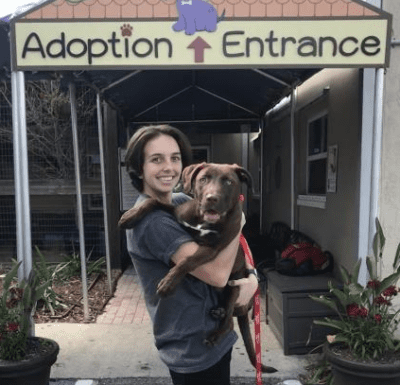

We rely on our previous experiences in order to maximize our time in future interactions so it’s not surprising that if a conversation or interaction starts out very similar to previous ones, that we start assuming that the outcome will follow the same path.
This seems to be a common occurrence in animal rescue as it is in many industries. If you work in an animal shelter, you might make mental notes of the potential adopters either as they send in their applications or as they walk through the door, all the while sizing them up to determine if they are worthy enough to adopt one of the lives within our care; our lives; our animals.
If you’re an animal rescue volunteer, you might presuppose the way you will be treated at a local animal shelter or rescue or you might assume you know how your transport interactions will go with new volunteers. Sometimes you may be right, and sometimes maybe not so much.
Stop judging before asking; start allowing for unplanned outcomes


Volunteers are often rightfully picky about the organizations that they support and every interaction with a shelter or rescue organization reflects on the organization as a whole instead of the individual person.
Yet knowing the competition is out there, we often take a more arrogant approach because WE are the ones in charge and it is our responsibility to care for the animals and determine what’s best. As a result of this approach, we can end up driving away potentially passionate people that would be contributors for years to come and our animals end up with longer lengths of stay or a fate far worse.
The power of knowledge
Imagine what would happen to your approach if I told you that today, I know for a fact that every person walking in your facility was trying to adopt an animal to be used in a dog fighting ring.
Obviously, you would be very skeptical of any potential customers, and would likely scrutinize everything about the person including their appearance, social standing and reason for stopping in. You might furrow your brow, close your body stance and use an unwelcoming tone and greeting like “Can I help you?”, as you assume that you already know why they are there, and what their intent is and you’ll make darn sure they are not successful in walking out today with one of your animals.

Now imagine that I told you that today, I know for a fact that every person walking in your facility is trying to fulfill an internal calling, a need to make a difference. That they desire to change the life of just one animal, and that they are afraid that they are not experienced enough, not good enough and not worthy enough to be called an animal rescuer so they seek your approval and your acceptance.
Under this scenario, you might soften your gaze, open your stance, and gather a giant smile on your face as you warmly say, “Welcome. We are so glad you are here and we appreciate you, fellow animal rescuer. I know your perfect match is waiting to find you and I’m here to help you on your journey to one another.”
Isn’t it amazing how with just a simple scenario shift your attitude and approach can change and how this can have a major impact on the way that we encounter a situation? Why don’t we start with the positive scenario every time instead of letting ourselves fall back upon the negative? Why do we assume negative intent before allowing for a positive interaction?
When was the last time you asked about someone’s inspiration?


The art of asking open-ended questions that call for a thoughtful response encourages a conversation and as the one asking the question, it helps you to understand the motivation and purpose for why the person chose this path which led them to you. You might just find some commonality and your assumptions might be disproved as you listen to their passion and understand what inspires them. It might be the same things that inspire you or me.
Every one of us in animal rescue is an ambassador for the cause. Every one of us is also human and we are prone to having bad days and prone to relying on our past experiences to presuppose how our future experiences will be.
What is your inspiration for rescuing animals?



